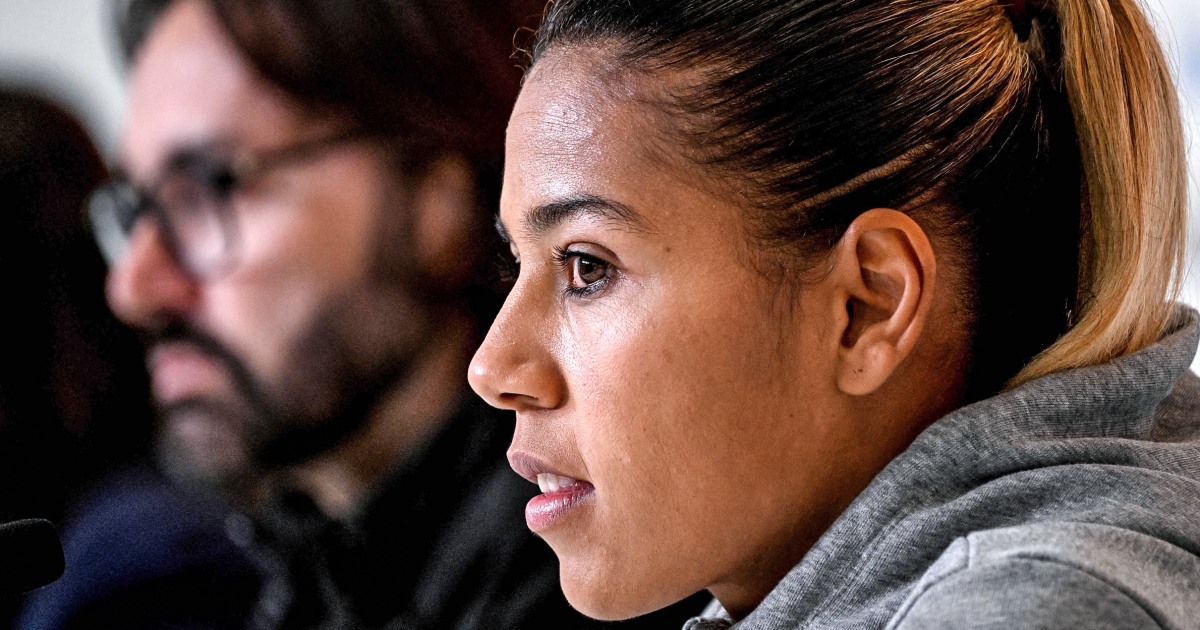Key takeaways:
- BBC has apologized for the incident, noting that the reporter had been reminded of the BBC’s editorial guidelines.
- The incident has sparked a debate about the role of the media in covering LGBT issues.
- FIFA has weighed in on the incident, saying that it “fully supports the right of all individuals to be treated with respect and dignity, regardless of their sexual orientation.”
At a media Q&A ahead of Morocco’s first game at the 2023 Women’s World Cup, a journalist for the BBC World Service asked the captain of the team, Ghizlane Chebbak, if any of her teammates were gay. The question was met with a swift rebuke from a press conference moderator, who said it was a “very political question” and that the journalist should “stick to questions relating to football.”
The BBC has since apologized for the incident, saying in a statement that it “does not condone any form of discrimination and we are sorry for any offense caused.” The statement also noted that the reporter had “since been reminded of the BBC’s editorial guidelines.”
The incident has sparked a debate about the role of the media in covering LGBT issues. While some have argued that the question was inappropriate, others have argued that it was an important one to ask, given that homosexuality is illegal in Morocco.
FIFA, the international soccer governing body, has also weighed in on the incident, saying that it “fully supports the right of all individuals to be treated with respect and dignity, regardless of their sexual orientation.”
The incident has highlighted the need for greater awareness of LGBT issues in the media, and the importance of reporters asking questions in a respectful and sensitive manner. It is also a reminder that the media has a responsibility to ensure that all individuals are treated with respect and dignity, regardless of their sexual orientation.



Be First to Comment